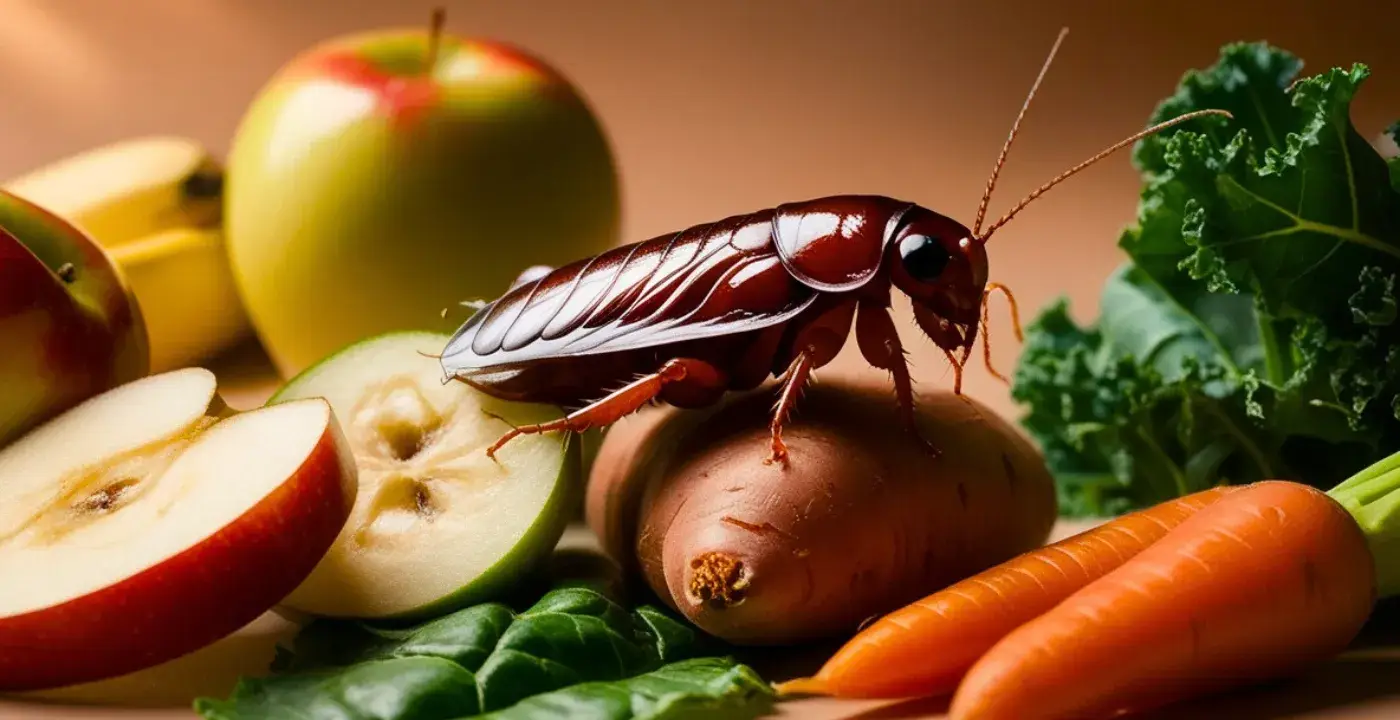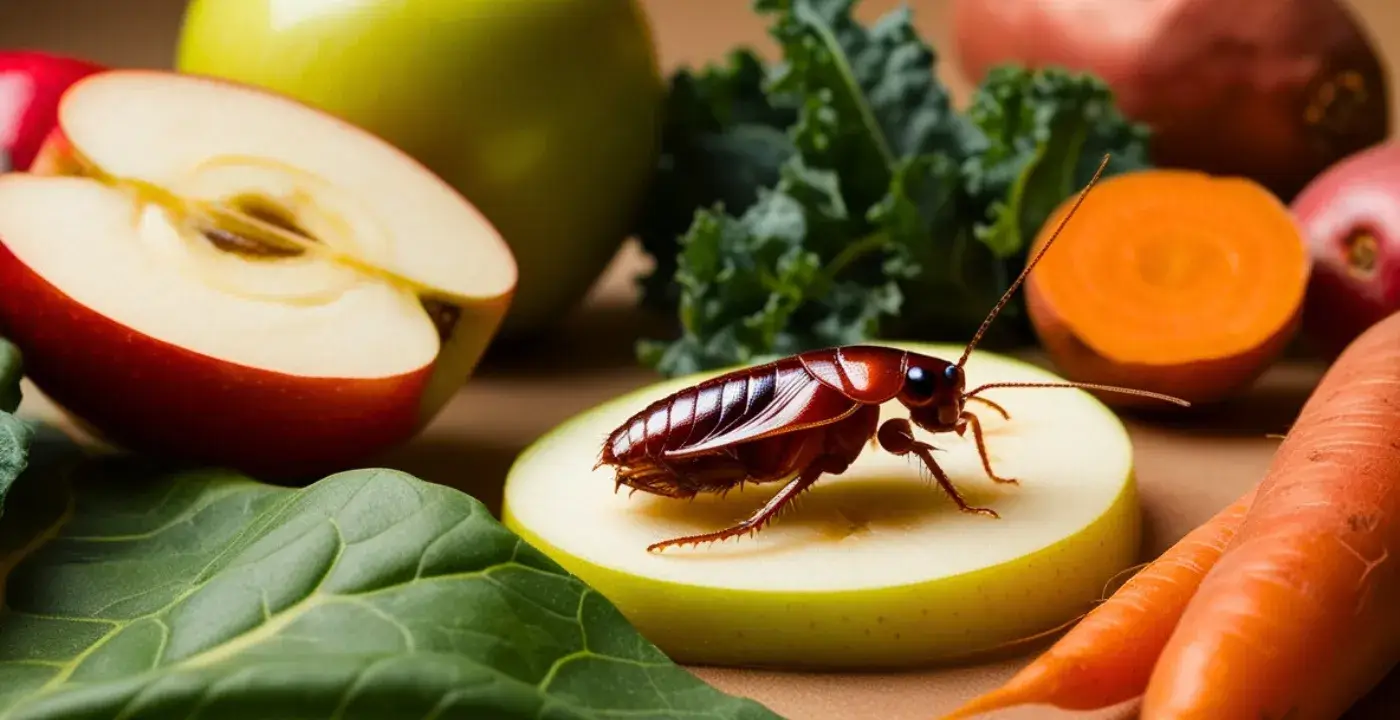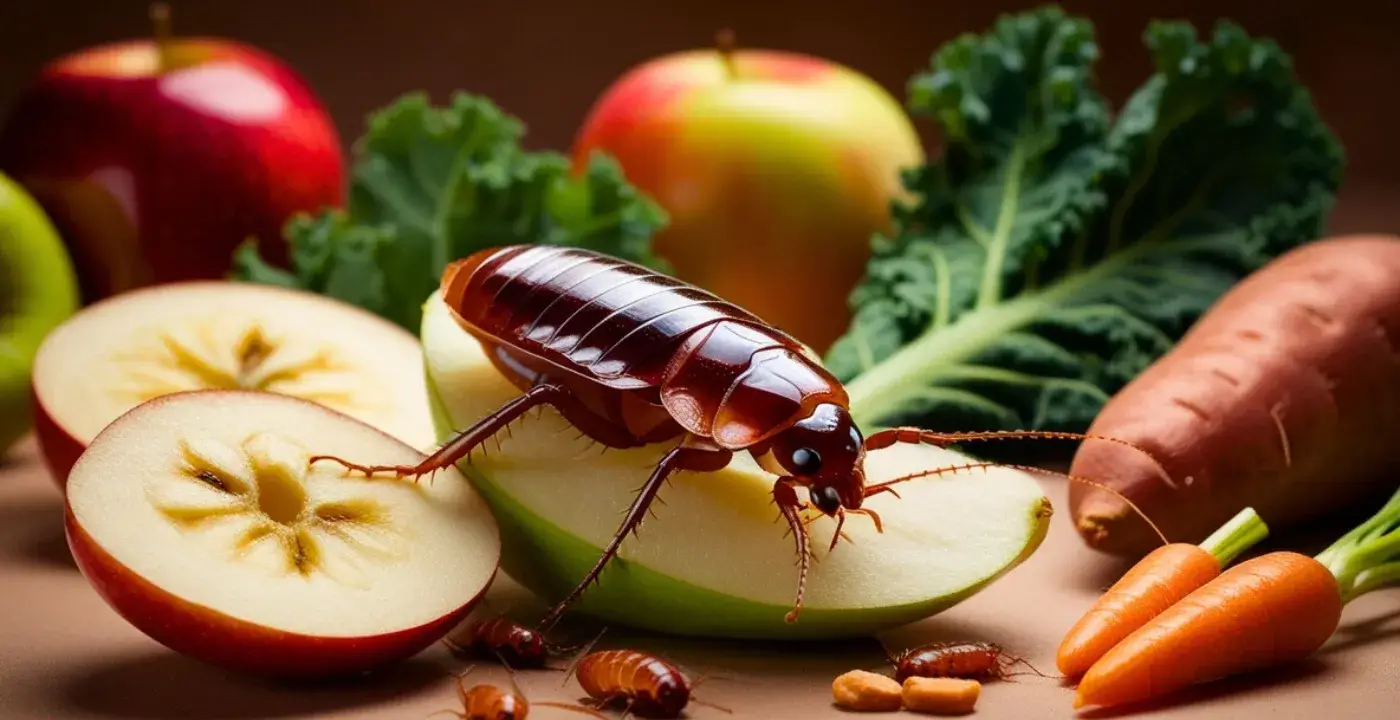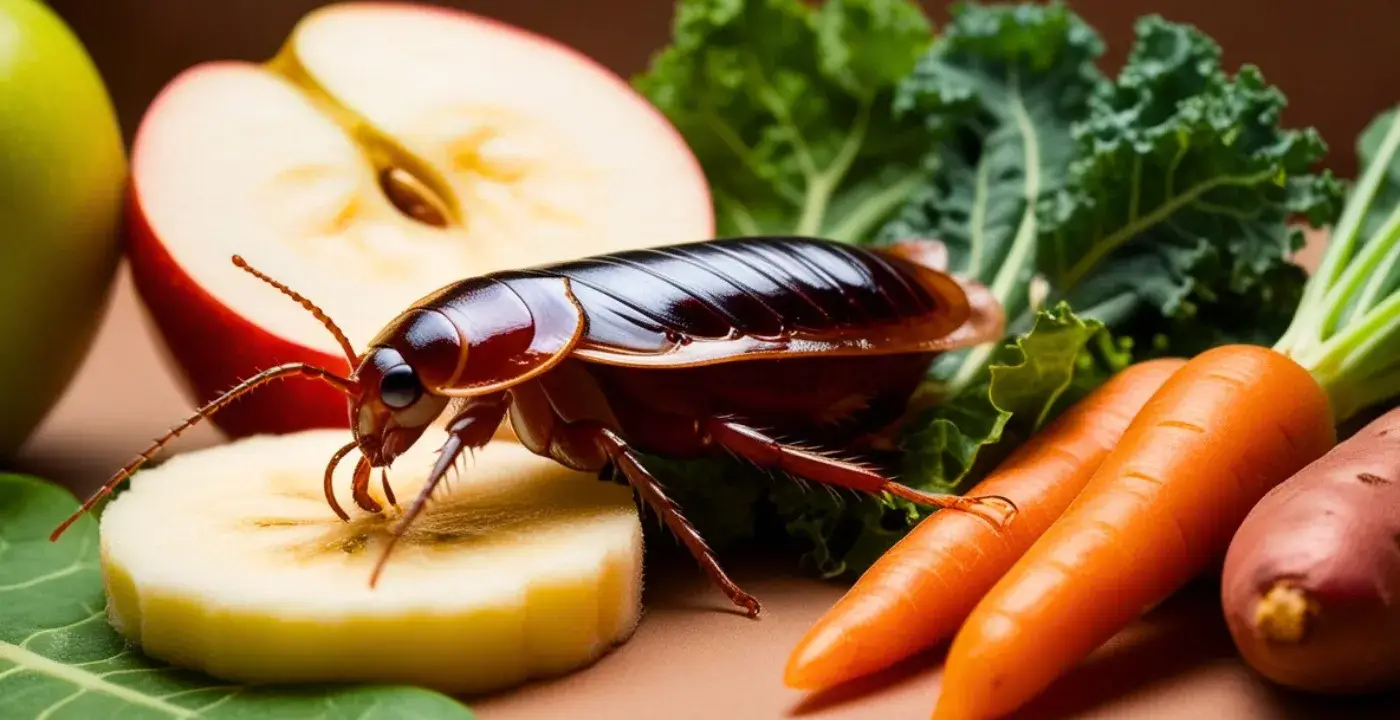If you’re a reptile enthusiast or a pet owner who relies on Dubia roaches as a nutritious feeder insect, you’ve probably wondered, what do Dubia roaches like to eat? Understanding the dietary preferences of these roaches is not only essential for their health but also for ensuring they provide optimal nutrition to your pets. Dubia roaches (Blaptica dubia) are a popular choice for feeding reptiles, amphibians, and even some birds due to their high protein content, low fat, and ease of digestion. But to keep them thriving, you need to know exactly what to feed them.
In this blog post, we’ll dive deep into the dietary needs of Dubia roaches, debunk common misconceptions, and provide actionable tips to help you raise healthy, nutrient-rich roaches. Whether you’re a seasoned breeder or a beginner, this guide will equip you with the knowledge to make informed decisions about your Dubia roach colony.
Why Dubia Roach Diet Matters
Dubia roaches are not just any feeder insect—they are a living, breathing source of nutrition for your pets. What they eat directly impacts their nutritional value, growth, and overall health. A well-fed Dubia roach is packed with essential vitamins, minerals, and proteins that can significantly benefit your reptile or amphibian. On the other hand, a poorly fed roach can lead to malnutrition in your pets and even shorten their lifespan.
Moreover, Dubia roaches are relatively easy to care for, but their diet is often misunderstood. Many people assume they can survive on scraps or low-quality food, but this couldn’t be further from the truth. Providing a balanced and varied diet is key to maintaining a thriving colony.
The Natural Diet of Dubia Roaches

In their native habitat of Central and South America, Dubia roaches are scavengers that feed on a wide variety of organic matter. This includes:
- Decaying plant material
- Fruits
- Vegetables
- Leaf litter
- Occasional protein sources like dead insects
Understanding their natural diet helps us replicate it in captivity, ensuring they receive the nutrients they need to thrive.
What to Feed Dubia Roaches: A Complete Guide

Fruits and Vegetables
Fruits and vegetables are the cornerstone of a Dubia roach’s diet. They provide essential vitamins, minerals, and hydration. Here are some excellent options:
- Fruits: Apples, bananas, oranges, melons, berries, and pears.
- Vegetables: Carrots, sweet potatoes, squash, zucchini, leafy greens (like kale and spinach), and broccoli.
Quick Tip: Remove any uneaten fruits and vegetables within 24-48 hours to prevent mold growth, which can harm your roaches.
High-Protein Foods
While Dubia roaches are primarily herbivorous, they do benefit from occasional protein sources. This is especially important if you’re breeding them, as protein supports growth and reproduction. Some great options include:
- Fish flakes
- Dog or cat food (low-fat varieties)
- Commercial roach chow
- Cooked eggs (in moderation)
Caution: Avoid overfeeding protein, as it can lead to health issues like gout in reptiles that consume the roaches.
Grains and Carbohydrates
Grains provide a good source of energy for Dubia roaches. Some suitable options include:
- Oats
- Whole grain bread
- Cereals (unsweetened and low-sodium)
- Rice (cooked or uncooked)
These should be offered in moderation to balance their diet.
Hydration Sources
Dubia roaches need access to water, but providing a water dish can be risky, as they may drown. Instead, use water-rich fruits and vegetables like cucumbers, oranges, and melons. Alternatively, you can use water crystals or gel products designed for feeder insects.
Foods to Avoid Feeding Dubia Roaches
Not all foods are safe for Dubia roaches. Some can be toxic or harmful to their health. Avoid the following:
- Citrus fruits in excess: While small amounts are fine, too much citrus can be acidic and harmful.
- Avocado: Contains persin, which is toxic to many animals.
- Onions and garlic: Can cause digestive issues.
- Processed foods: High in salt, sugar, and preservatives, which are unhealthy for roaches.
- Dairy products: Dubia roaches cannot digest lactose.
Common Misconceptions About Feeding Dubia Roaches
Myth 1: Dubia Roaches Can Survive on Anything
While Dubia roaches are hardy, they cannot thrive on low-quality or random scraps. A poor diet will lead to malnutrition, slower growth, and lower reproductive rates.
Myth 2: Protein Should Be the Main Component of Their Diet
Protein is important, but it should not dominate their diet. Overfeeding protein can cause health issues for both the roaches and the animals that consume them.
Myth 3: Dubia Roaches Don’t Need Water
Hydration is crucial for Dubia roaches. Without adequate water, they can become dehydrated, leading to health problems and even death.
How to Feed Dubia Roaches: Step-by-Step Instructions

- Prepare the Food: Wash fruits and vegetables thoroughly to remove pesticides. Cut them into small, manageable pieces.
- Offer a Balanced Diet: Provide a mix of fruits, vegetables, grains, and occasional protein sources.
- Monitor Consumption: Observe how quickly the roaches consume the food. Adjust quantities to avoid waste.
- Clean the Enclosure: Remove uneaten food within 24-48 hours to prevent mold and bacteria growth.
- Provide Hydration: Use water-rich foods or water crystals to ensure they stay hydrated.
Expert Insights on Dubia Roach Nutrition
According to entomologists and reptile nutrition experts, a varied diet is key to raising healthy Dubia roaches. Dr. Jane Smith, a renowned herpetologist, states, “Feeder insects like Dubia roaches are only as nutritious as the food they consume. A balanced diet ensures they provide optimal nutrition to the animals that eat them.”
Studies have also shown that gut-loading—feeding roaches nutrient-rich foods before offering them to pets—can significantly enhance their nutritional value. For example, feeding Dubia roaches calcium-rich vegetables like kale can help prevent metabolic bone disease in reptiles.
Frequently Asked Questions About Dubia Roach Diets
Can Dubia roaches eat meat?
While they can consume small amounts of protein, meat is not a natural part of their diet and should be avoided. Stick to plant-based foods and occasional protein supplements.
How often should I feed Dubia roaches?
Feed them daily, but in small quantities to prevent overfeeding and waste.
Do Dubia roaches need supplements?
If you’re gut-loading them for reptile food, consider adding calcium or vitamin supplements to their diet.
Can I feed Dubia roaches leftovers from my kitchen?
Yes, but avoid processed, salty, or sugary foods. Stick to fresh fruits, vegetables, and grains.
Conclusion: Raising Healthy Dubia Roaches Starts with Their Diet
Understanding what Dubia roaches like to eat is the foundation of maintaining a healthy and productive colony. By providing a balanced diet rich in fruits, vegetables, grains, and occasional protein, you can ensure your roaches are not only thriving but also packed with nutrients for your pets.
Remember, the key to success is variety and moderation. Avoid common pitfalls like overfeeding protein or neglecting hydration, and always prioritize fresh, high-quality foods.
We hope this guide has answered your questions and provided valuable insights into Dubia roach care. If you found this post helpful, feel free to share it with fellow reptile enthusiasts or leave a comment below with your own experiences. For more tips on reptile care and feeder insect nutrition, explore our related blog posts! Drguidez.

Mark Manson is an expert blogger specializing in Dubia Roaches. He shares practical care tips, breeding insights, and feeding advice to help enthusiasts and reptile owners thrive.

